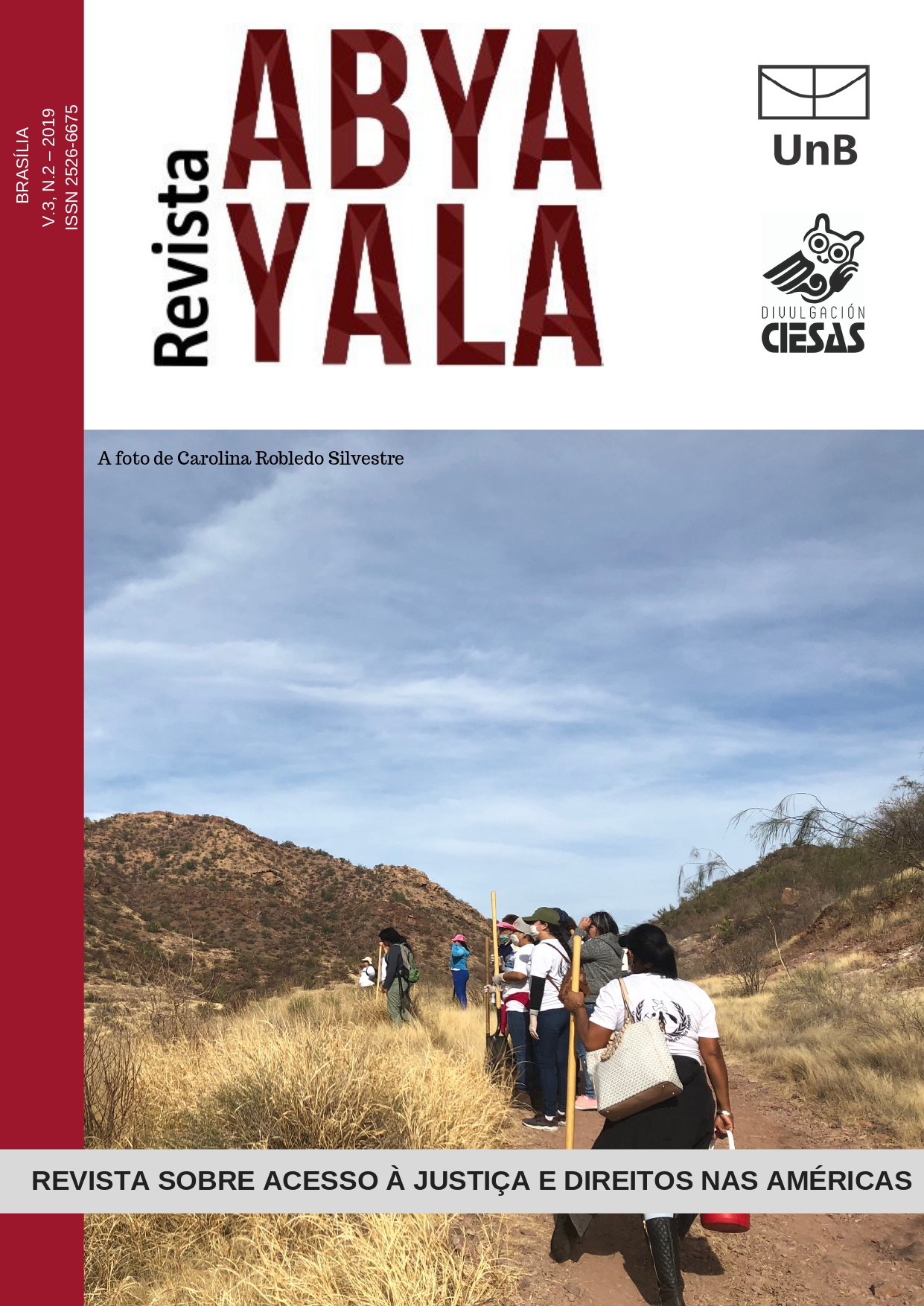METHODOLOGICAL PRACTICES OF INTERVIEWS WITH FAMILY AND ACQUAINTANCES AS SOURCE OF CONTEXT ANALYSIS AND HISTORICAL MEMORY:
reflections from forensic anthropology in Mexico
DOI:
https://doi.org/10.26512/abyayala.v3i2.23702Keywords:
interview; disappearance; memoryAbstract
Faced with the problem of various violence that families are suffering, one of them is the disappearance of their loved ones, their subsequent search and possible discovery, the latter is generally lifeless. The process of recovery and identification goes through different phases in which an interdisciplinary work and approach is necessary, where forensic and social anthropology can help to lighten the process and potentiate the success of the identification; this is mainly done through the ante-mortem interview. This paper demonstrates the importance of ethnographic and social techniques for a better approach with families, establishing a bond of empathy and trust, and a better analysis of context. It also makes clear the need for a change in the thinking of the forensic anthropologist when he stops seeing the remains of dead bodies, as simple objects of study to become social subjects that can be a source of biological, social and historical information.
Downloads
Downloads
Published
How to Cite
Issue
Section
License
Copyright (c) 2019 Abya-Yala: Journal on Access to Justice and Rights in the Americas

This work is licensed under a Creative Commons Attribution-NonCommercial 4.0 International License.
The sending of contributions to Abya Yala implies the assignment of copyright and publication to the Journal, observing the Attribution-Non-Commercial 4.0 International (CC BY-NC 4.0) adopted.
The content of the texts submitted to and published by the journal will be the sole responsibility of their respective authors.
Copyright: https://creativecommons.org/licenses/by-nc/4.0/deed.en





